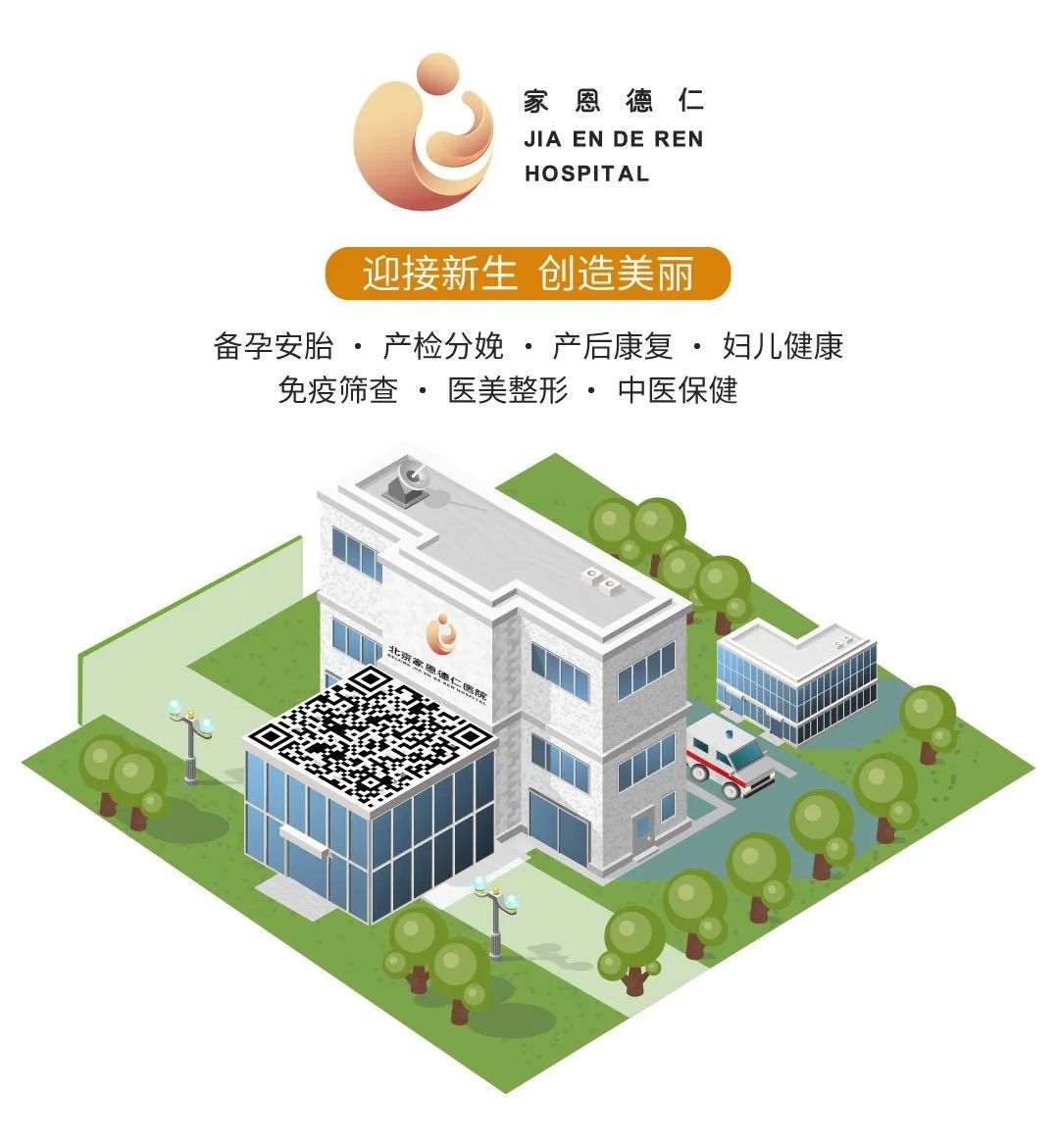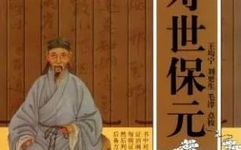When visiting a Traditional Chinese Medicine (TCM) practitioner, one often hears the term—Qi Zhi Xue Yu (气滞血瘀), which translates to Qi stagnation and blood stasis.
On the surface, this term seems easy to understand; it refers to Qi being blocked and blood accumulating in one place. However, it can describe many conditions, such as lower back pain and menstrual irregularities, both of which can be attributed to Qi Zhi Xue Yu.
Why can such a simple phrase apply to so many ailments? To understand this, we must discuss the importance of Qi and blood in TCM.
What is Qi Zhi Xue Yu?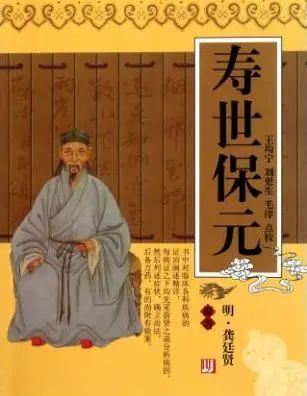
For a person to maintain good health and minimize illness, TCM states that Qi and blood must meet two conditions: they must be abundant and flow smoothly. The ancient TCM text Shou Shi Bao Yuan (寿世保元) records: “…Qi is the commander of blood; when Qi moves, blood moves; when Qi stops, blood stops; when Qi is warm, blood flows smoothly; when Qi is cold, blood congeals. If Qi does not circulate for even a moment, blood will not flow for even a moment.” If the body experiences issues that hinder the smooth circulation of Qi and blood, it is likely to result in what we call Qi Zhi Xue Yu.
However, the formation of Qi Zhi Xue Yu is a gradual process influenced by various factors. For instance, individuals who experience prolonged emotional distress, tension, or suppressed anger may disrupt the flow of Qi and blood. Additionally, those who consume greasy, salty, or sweet foods may develop high blood lipids and thick blood, which can also impede Qi and blood circulation. Furthermore, individuals living in cold environments, lacking exercise, or having a constitution of Qi deficiency or Yang deficiency may experience sluggish circulation or stasis, leading to Qi Zhi Xue Yu.
Thus, it is evident that Qi Zhi Xue Yu is related to emotions, diet, age, environment, and disease, and that Qi stagnation and blood stasis are interrelated and mutually causal. In other words, Qi stagnation can lead to blood stasis, and blood stasis can exacerbate Qi stagnation.
Common Symptoms of Qi Zhi Xue Yu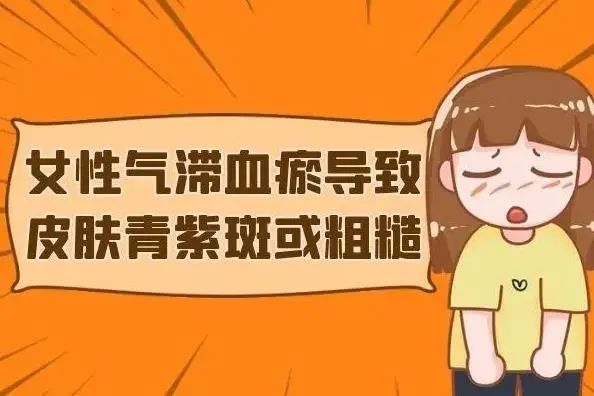
As the saying goes, “Qi stagnation and blood stasis lead to a multitude of diseases.” Since the meridians in the human body are interconnected, it is difficult to pinpoint exactly where Qi stagnation and blood stasis occur. However, many conditions exhibit the characteristic of “where there is blockage, there will be flow,” such as dysmenorrhea, uterine fibroids, migraines, depression, cerebral infarction, myocardial infarction, intestinal dysfunction, and lobular hyperplasia of the breast. When a TCM practitioner examines the pulse, they often find symptoms associated with Qi Zhi Xue Yu: a wiry and choppy pulse, abdominal masses (similar to nodules, polyps, or tumors in Western medicine), tenderness or distension upon palpation, fatigue, cyanosis, swelling, pain, a purple tongue, and spots.
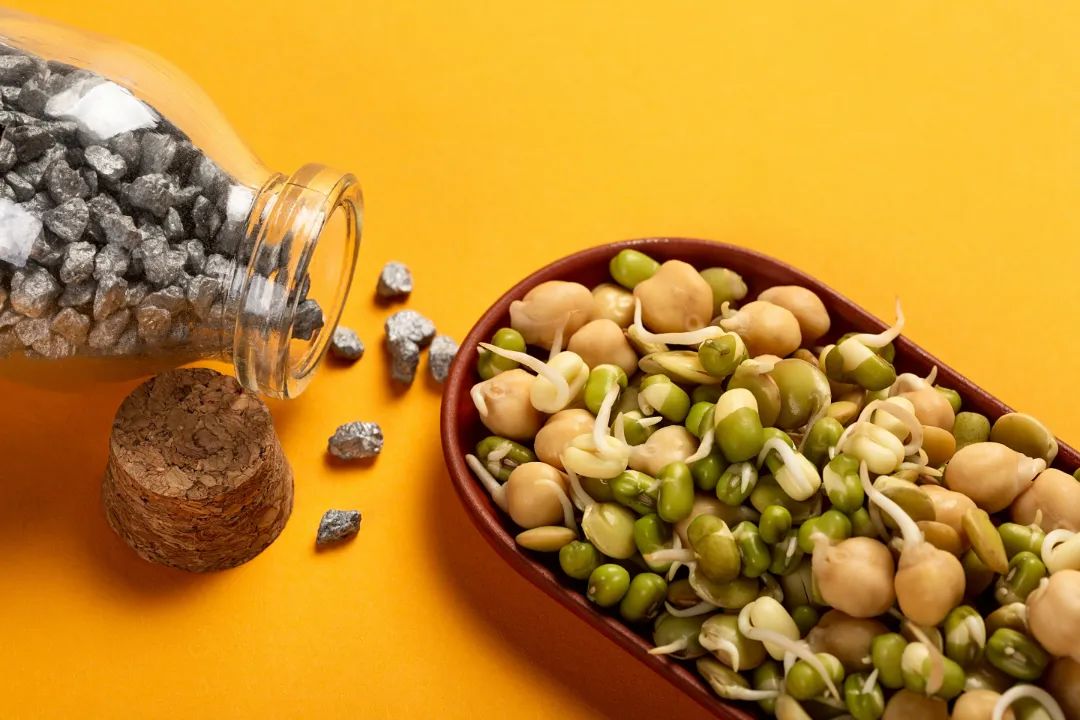
Based on the different symptoms of Qi Zhi Xue Yu, TCM practitioners will provide various treatment directions and plans, but the overarching principle remains the same—invigorating blood circulation and resolving stasis, as well as regulating Qi. From the perspective of organ functions, the liver governs the smooth flow and storage of blood. The liver’s ability to regulate Qi is crucial in maintaining smooth Qi circulation, and most cases of Qi Zhi Xue Yu are related to liver dysfunction. The lungs govern Qi and play a role in regulating the overall Qi dynamics and assisting the heart in circulating blood.
So, should one invigorate blood first or regulate Qi first? It is essential for TCM practitioners to distinguish the primary and secondary issues of Qi stagnation and blood stasis. Therefore, it is advisable for individuals to consult a qualified TCM practitioner to determine the underlying causes of Qi Zhi Xue Yu before proceeding with a treatment plan.
END
